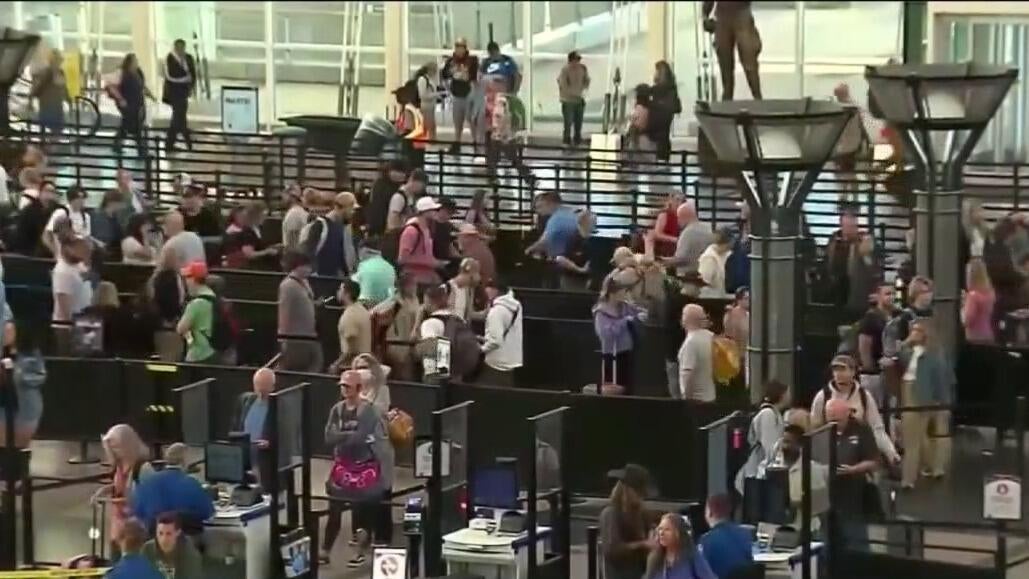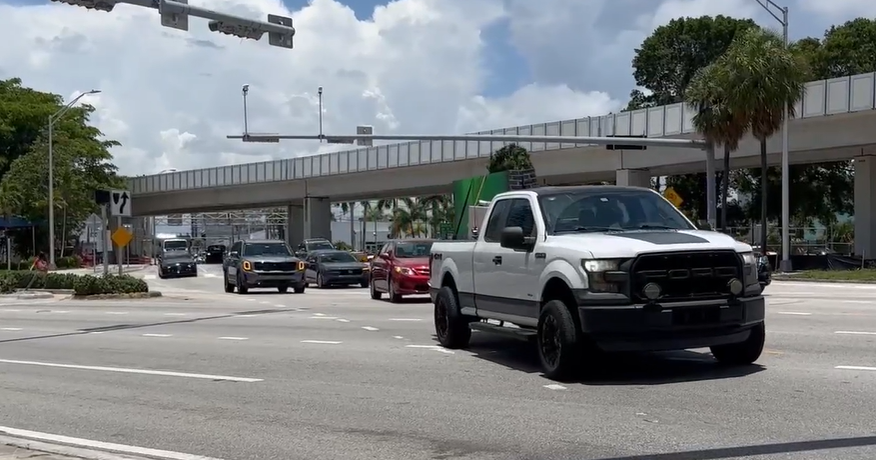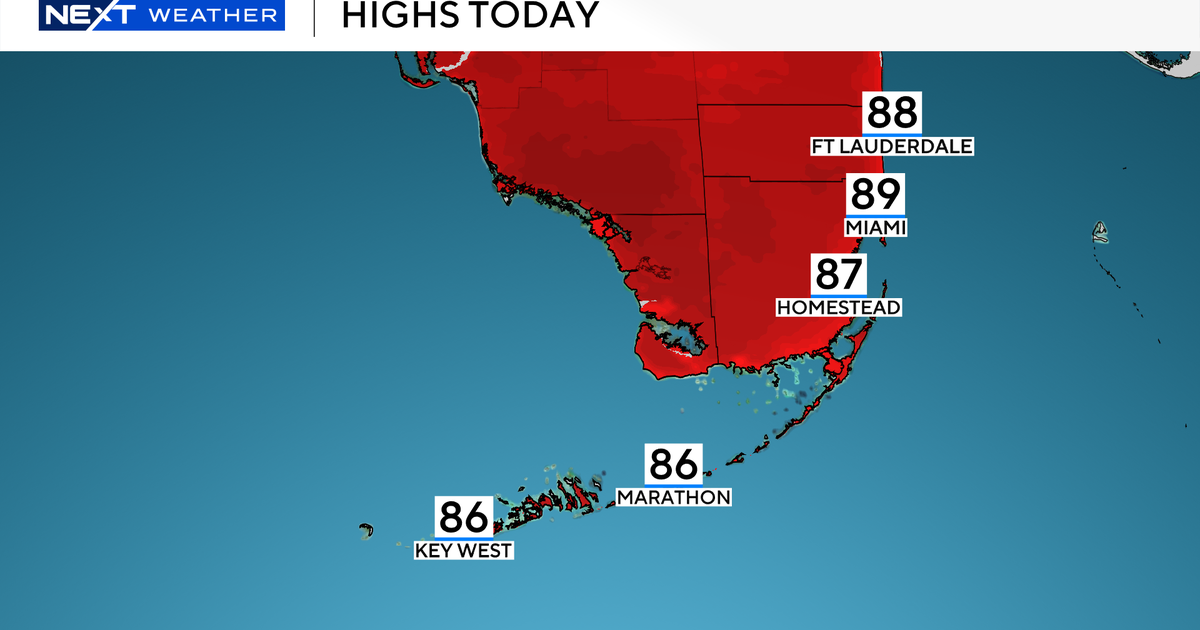Haitian-Americans feel new Trump administration travel ban is unfair
The Trump administration's new travel ban is now in effect. It bans travel from 12 countries and implements a partial ban on an additional 7 countries, including Cuba and Venezuela.
President Donald Trump has said that the travel ban protects the United States from terrorists and public safety threats.
Haiti is the only country in the Western Hemisphere facing a full ban. The Family Action Network is advising all Haitian passport holders to talk to an attorney before leaving the U.S. While there are exceptions for lawful permanent residents and existing visa holders, immigration attorneys warned people could still face interviews or interrogations at airports.
Haitian-Americans weigh in on new ban
At Miami International Airport, Willensky Jean Claud was waiting for his flight to Haiti. Claud said he's an American citizen traveling back home. He said he thinks he will be okay and it's wrong to label an entire country of people as dangerous. He feels Haiti as a whole is being unfairly labeled.
"It is really wrong because just a small part of Haiti, especially the capital, that's where all the bad things are going on. Let's say you're going to south Haiti, that's where I'm going, other places, we're good, people are still living there. You cannot label and island when it's only a small part," he said.
Haitian-American Elvanise Louis-Juste said many Haitians wanting to come to the U.S. are simply seeking to escape violence and unrest.
Many immigration experts say the new ban is more carefully crafted and appears designed to beat court challenges that hampered the first by focusing on the visa application process.
David Weinstein, a former federal prosecutor, said that the language in this travel ban is nothing like the so-called Muslim ban that was picked apart by the U.S. Supreme Court during President Trump's first term in office. He said this one gives the percentage of visas overstayed and why each country poses risks to national security.
"This one does have some legs to stand on. It's going to be a lot more difficult for people to challenge this travel ban because of the way it is written," he said.
The new ban doesn't revoke visas previously issued to people from countries on the list, according to guidance issued to all U.S. diplomatic missions. However, unless an applicant meets narrow criteria for an exemption to the ban, his or her visa application will now be rejected.



